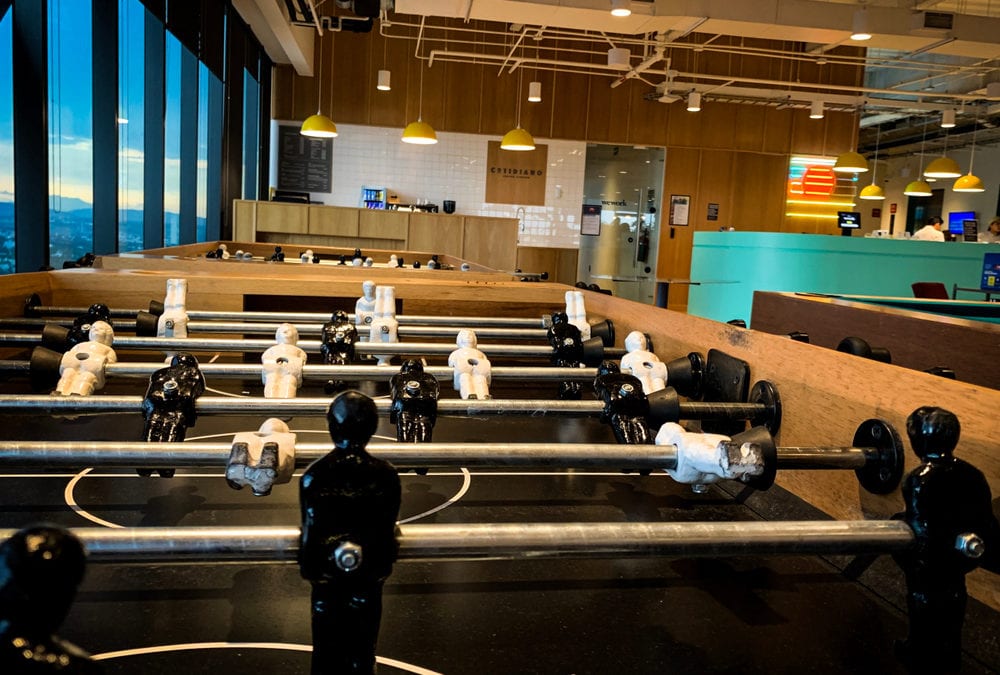I was talking today with a founder who really walks the walk in terms of a truly “self-managed” company culture based on trust and transparency. We discussed among other things how it’s a shameful truth that it’s taken Covid to make many if not most CEOs realise that staff can be trusted to work from home, that productivity won’t take a nosedive, that people don’t need to be micro-managed and watched over in a physical office space to add value, contribute and be an enthusiastic member of the team and advocate for the company.
It got me thinking about organisational culture. Not everyone is such a disruptive standard bearer as the founder I was talking to – although there are checks and balances, his team largely have no fixed hours or restrictions on holidays; all P&L data is open to all; performance reviews are shared; people are largely self-managed and they are moving towards 100% transparent salaries in 2021. But it seems to me that the old “big brother” company culture is gone for good.
Many other companies have also radically shifted from traditional “Holidays” and “Sick” time. Gone are the days when sick days and vacations were tied to an archaic and lengthy structure. Instead, employees are often now given a pool of time to use at their discretion. This engenders trust, allows flexibility for the realities of life and builds a stronger connection between employers and their workforce as a company that understands that life doesn’t follow a formula.
Perks are nice to have, and fun has an important place in the workplace. But a company’s culture is more than that – it is the practices that reflect a company’s core values, and nurtures its team. For this reason, culture is the lifeblood of a company. And as workplaces shift from those reflective of values and cultures of Baby Boomers to those of Millennials, the need to build the modern-day workplace is becoming more apparent. This means adopting new and progressive ideas that challenge traditional assumptions. It also means taking a high-level approach to engagement, feedback, listening, and coaching to build on the value system of those driving today’s workplace.
Now you can argue that they may not have entirely successfully continued on this path since, but in 2013, Airbnb co-founder and CEO Brian Chesky shared important advice from investor Peter Thiel – “don’t f*ck up the culture“, commenting that:
“The thing that will endure for 100 years, the way it has for most 100 year companies, is the culture. The culture is what creates the foundation for all future innovation. If you break the culture, you break the machine that creates your products.”
When you start a company, one of the early decisions that you will make is how much information you are going to share with your employees about the company’s progress, challenges, and results. Better transparency seems to be a good place to start, and this blog from Corporate Rebels about “Radical Transparency” is thought provoking, with five good suggestions to get started.
And here are 15 company culture examples to think about, too. All interesting in their own way. I’m not suggesting for one moment that all business leaders should follow everything that these organisations do, but there may be one or miore ideas here that will resonate with you. Or just make you think about how your own organisation operates. And how it could be better.

